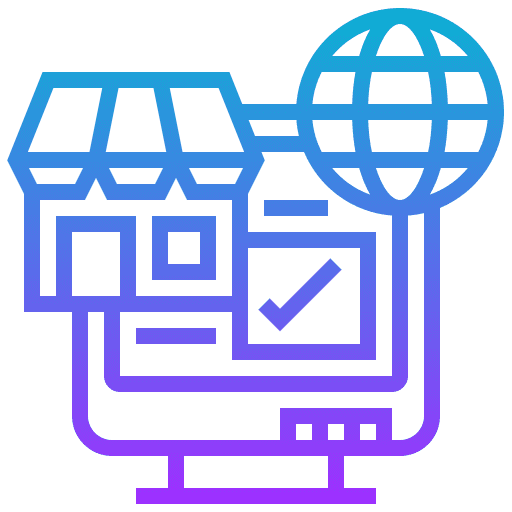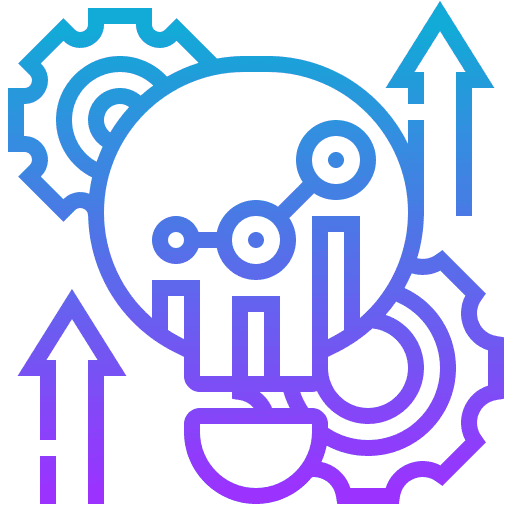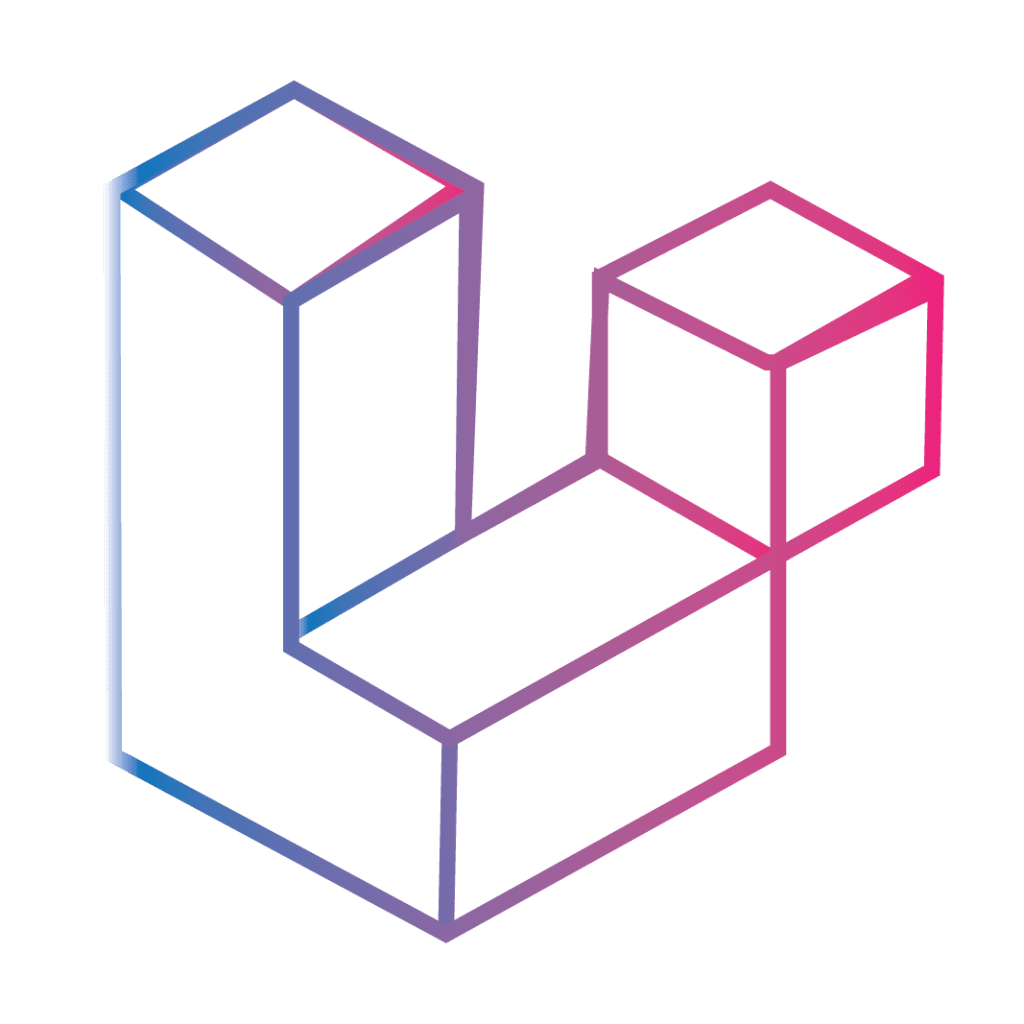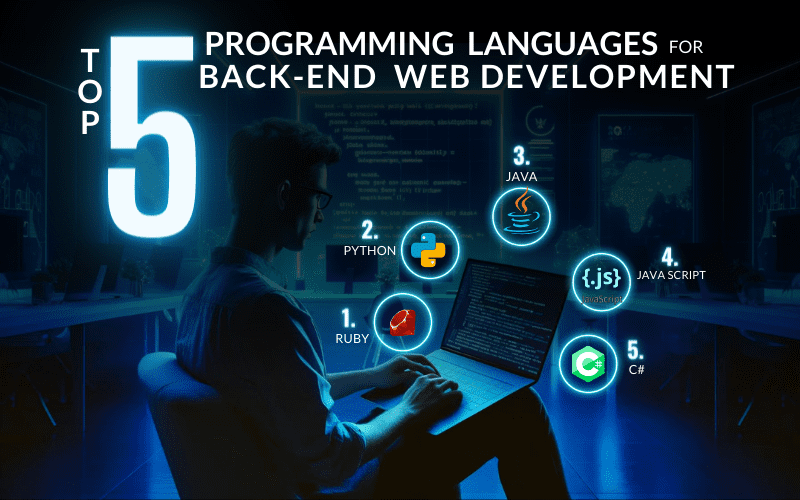5 Top Programming Languages for Backend Web Development
Are you curious about what makes your favorite websites run so smoothly, especially when you’re shopping online, streaming, or scrolling through social media? The magic behind these seamless experiences is driven by backend web development, which relies on powerful programming languages for backend web development.
This blog post shines a light on the 5 top programming languages that are essential for creating the backbone of any Reliable website. These are the tools that help websites handle millions of users, keep your data safe, and ensure everything loads quickly. Whether you’re taking your first steps into the world of coding or looking to expand your skills, understanding these key languages is a game-changer in the tech field.
Essential Programming Languages for Backend Web Development
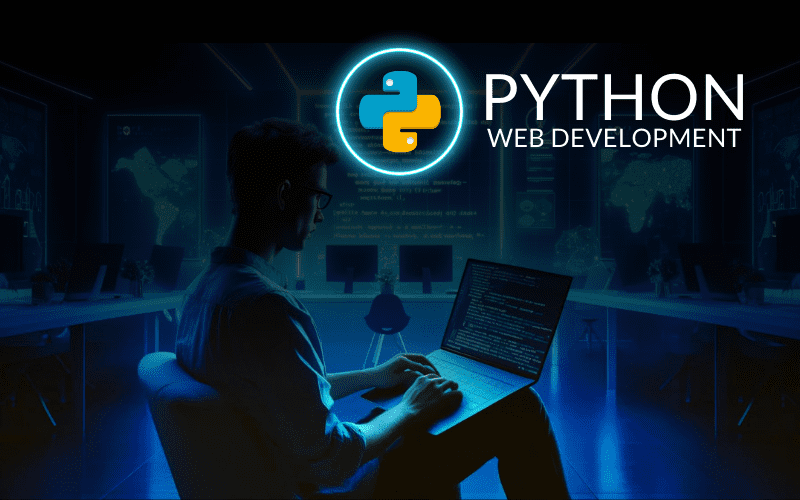
Python
Python is great for backend web development, fitting perfectly with advanced areas like Machine Learning and the Internet of Things (IoT). Google and other big names often choose Python because it has a large library that makes coding simpler. It’s easy to read and works well with other programming languages for backend web development. Plus, you can use it on different systems, which is why web developers really like it. Using frameworks like Django and Flask, Python helps in building web applications that can handle a lot of users, such as Spotify and Pinterest. Python makes coding faster and has a big support community due to being open-source. It also works well on various platforms, making it a flexible choice for today’s web development.

Java
Java is a top pick for making big web applications, mobile apps, and desktop software. Its key feature is that once you write your code, you can run it anywhere Java is supported without needing to rewrite or adjust it. This is because Java code is turned into a universal bytecode that the Java Virtual Machine (JVM) can understand, no matter the underlying system. Java is great at running several tasks at the same time, which makes it run smoothly. It also has a huge collection of libraries, handles memory automatically, and can be used anywhere, which helps in building large, long-lasting applications. Frameworks like Spring and Struts are helpful for developers, and big sites like LinkedIn and Yahoo use Java

C#
C# is often listed as one of the best programming languages for backend web development, thanks to its range of features and flexibility. Microsoft created it mainly for the .NET framework, but now it’s also used for web, Windows, and game development. C# is known for quick compilation and working well with other systems, making it a smart choice for backend development. It has a well-organized, scalable structure and a rich set of libraries that speed up the coding process. The .NET framework helps in building strong web applications, and well-known sites like GoDaddy and Stack Overflow use C#, showing its strength in handling big projects.
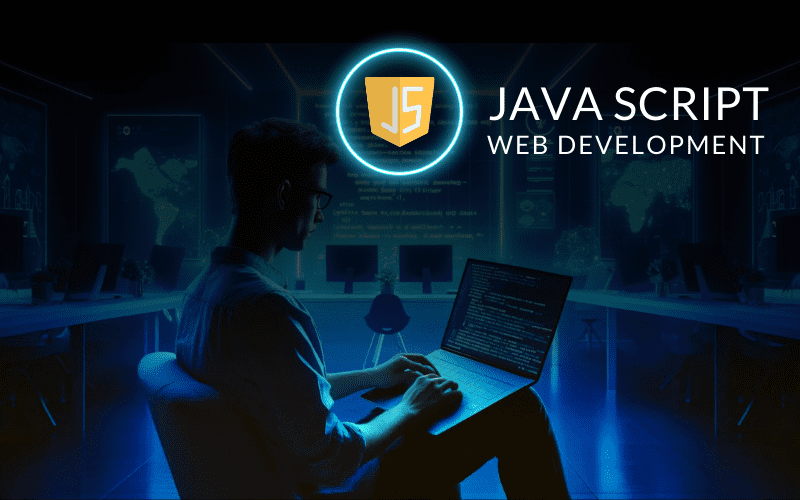
JavaScript
JavaScript is everywhere in web development, working on both the front end and back end, with Node.js playing a big role for the server side. It’s popular because it’s easy to use for coding, supports dynamic typing, and is based on object-oriented principles. A huge community backs it, offering support and speeding up development with tools like Next.js and Express. JavaScript makes websites work smoothly across different devices and browsers. It’s also good at making websites that respond quickly to users. Big companies like Facebook and Google use JavaScript, proving it can support heavy traffic and complex operations.

Ruby
Ruby makes web development simple and efficient, which is why it’s often recommended for beginners. It adopts several programming styles and is influenced by languages like Perl and Lisp, providing features like dynamic typing and automatic memory management. Ruby works well on all major operating systems. RubyGems, its package system, along with frameworks like Ruby on Rails, are key parts of Ruby’s success, used by big names like Airbnb and Shopify. Ruby takes the best parts of various languages to offer a versatile and easy coding experience, standing out as a favorite among developers globally.
Comparison Between 5 Top Programming Languages for Backend Web Development
| Feature | Python | Node.js | Java | C# | Ruby |
| Main Use | Web, Data Science | Web, Real-time Apps | Enterprise, Android | .NET, Desktop, Games | Web |
| Speed | Fast development | Fast runtime | High performance | Fast compilation | Rapid development |
| Typing | Dynamic | Dynamic | Static | Static | Dynamic |
| Architecture | Synchronous/Asynchronous | Event-driven | Multithreading | Multithreading | Thread-based |
| Frameworks | Django, Flask | Express, Next.js | Spring, Struts | .NET | Ruby on Rails |
| Learning Curve | Easy | Moderate | Steep | Moderate | Easy |
| Community Support | Large | Large | Very large | Large | Large |
| Scalability | High | High | Very high | High | High |
| Interoperability | High | Moderate | High | Moderate | Moderate |
| Performance | Good for data-intensive apps | Excellent for I/O bound tasks | Excellent for large systems | Good for .NET applications | Good for web applications |
| Frameworks for Backend Web Development | Django, Flask | Express, Koa, Meteor | Spring, Hibernate | ASP.NET | Sinatra, Padrino |
| Popular Websites | Spotify, Pinterest | PayPal, LinkedIn | eBay, Amazon | Stack Overflow, GoDaddy | Airbnb, Shopify |
Fueling Your Web’s Potential: CorTech’s Backend Expertise
In this blog, we’ve looked at different backend languages for backend development, each with its own benefits for various projects. Python is great for web and data science, JavaScript is key for web development, Java is strong and reliable, C# works well with .NET, and Ruby is quick for development.
CorTech uses these languages to boost your web projects. We pick the right tools for your needs and customize our work to help you meet your goals, whether it’s growing your app, making it run better, or keeping it safe. Our team is here to bring your web project with smart planning, creative solutions, and a focus on quality. Let Cortech help make your next web project a big success.
Frequently Asked Questions ( Faqs)
Which language is fast for web backend?
Python and Node.js (JavaScript) are often praised for their speed in backend development, thanks to their efficient frameworks and non-blocking architecture. Python, with its Django and Flask frameworks, is known for rapid development, while Node.js allows for quick handling of concurrent connections.
How do I choose a backend language?
Choosing a backend language depends on several factors: your project’s specific needs (such as speed, scalability, and security), the language’s ecosystem (libraries and frameworks available), community support, and your or your team’s familiarity with the language. Consider also the integration needs with other tools or systems you’re using.
How many languages should I learn in the backend?
For backend development, learning one language well is often sufficient to start building robust applications. However, understanding two or three languages can be beneficial for expanding your problem-solving skills and opportunities, especially as different projects may require different technologies.
Can we use two languages for backend?
Yes, you can use two languages for backend development, especially in microservices architectures where different services might be better suited to different languages based on their specific tasks. This approach can leverage the strengths of each language for different aspects of the backend.
What is the most powerful backend language?
The “most powerful” backend language can vary based on criteria like performance, scalability, and ease of development. However, languages like Java and C# are often considered powerful for backend development, especially for large-scale applications requiring high performance and scalability.



